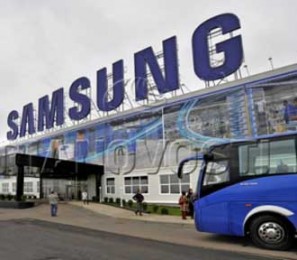 Mobile chipmaker Qualcomm rejected rival Broadcom $103-billion takeover bid, claiming that the offer undervalued the company and would face regulatory hurdles.
Mobile chipmaker Qualcomm rejected rival Broadcom $103-billion takeover bid, claiming that the offer undervalued the company and would face regulatory hurdles.
Broadcom said it would seek to engage with Qualcomm’s board and management, adding that it had received positive feedback from key customers and stockholders.
“We continue to believe our proposal represents the most attractive, value-enhancing alternative available to Qualcomm stockholders and we are encouraged by their reaction”, the company said.
Broadcom made an unsolicited bid to buy Qualcomm in an effort to become the dominant supplier of chips used in the 1.5 billion or so smartphones expected to be sold around the world this year.
Analysts said Broadcom can now raise its bid, go for a proxy fight or launch a hostile exchange offer.
If Broadcom makes a hostile bid, Qualcomm’s governance rules would allow the rival to submit its own slate for the entire 11-member board by the December 8 nomination deadline.
However it would be easier to talk Qualcomm’s board and agree on a higher price.
But price is not the only issue. Any deal would face scrutiny from the antitrust regulators as the combined company would own the high-end WiFi business globally, analysts said.
Regulators are already scrutinizing Qualcomm’s $38-billion acquisition of automotive chipmaker NXP Semiconductors NV.
Broadcom has indicated it is willing to buy Qualcomm irrespective of whether it closes the NXP deal.



















